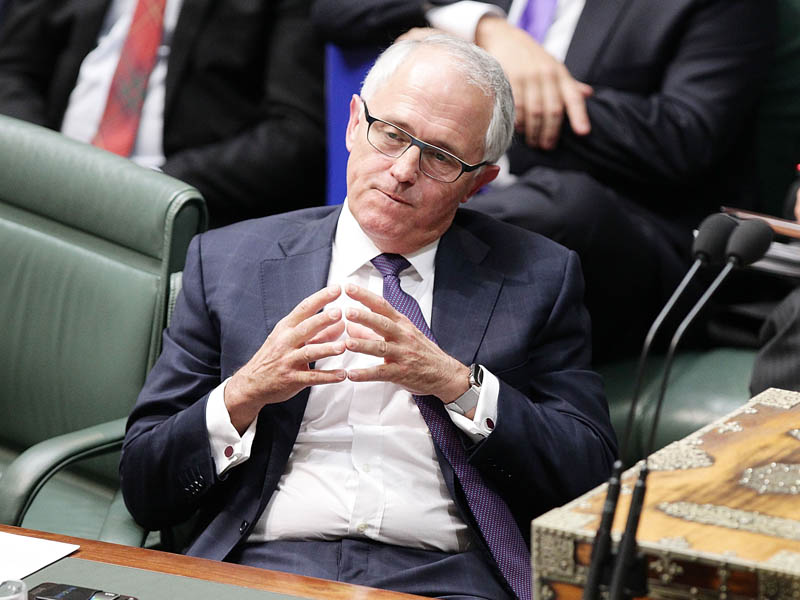Prime Minister Malcolm Turnbull has said “tell me once”, should be a principle that applies right across government adding that the role of the Digital Transformation Office (DTO) will facilitate in achieving this mantra by 2017.
Addressing the Business Council of Australia (BCA) annual dinner on Thursday night in Sydney, Mr Turnbull delivered a custom stump speech, hammering home his ambition that Australia become “more agile, more innovative and more productive”.
But the Prime Minister’s transformation goal for ‘government’ is far from non-controversial.

Mr Turnbull says that when citizens or businesses deal with “government”, they should be able to do so through a single process – regardless of whether that service or issue traverses local, state of federal jurisdictions.
This is not an entirely straight-forward issue, even if the goal is worthy. It will require much negotiation between governments – state and federal – and will almost certainly require complex and nuanced legislative changes.
Legislative change that involves the devolution of power has a history of coming unstuck. Our Federation was set up with very clear and institutional lines of demarcation.
Mr Turnbull’s aim is simply to make government work better.
“When [citizens] provide, for example, something as simple as their change of address, why do they have to provide it to one agency after another, to one government after another,” he to the BCA.
“’Tell me once’, should be a principle that applies right across government.”
“We should be able to recognise that the fascinating constitutional differences between local government, state government and federal government – obscure and unclear and ambiguous as they often are – are of absolutely no interest to citizens and most businesses. They want results.”
It is fair to say this amalgamation of government service delivery capability is easier said than done. The “fascinating constitutional differences” between the various levels of government are watched extremely closely by lots of power sectional interests (to say nothing of Daniel Andrews, Mike Baird and Annastacia Palaszczuk!)
Still, results are exactly what one would expect then, from the highly-anticipated innovation statement due mid-December, which Mr Turnbull has said will encourage a culture of innovation.
Along with buzz about the possibility of capital gains tax breaks for investors in startup companies, businesses are also keen to understand potential changes to public sector procurement policy that make it easier for home grown technology companies, of all sizes, to tender for government business.
Communications Minister Mitch Fifield pointed to this outcome at the recent Telstra Digital Summit when he said the aim of the government is to make it easier for all businesses to engage. A critical way forward if we are to become a more innovative economy, he added.
Mr Fifield was of course adding weight to already heavy expectations that big things are to come from Canberra before Christmas.
The innovation army have been suiting up in the trenches for quite some weeks now and the energetic Assistant Minister for Innovation Wyatt Roy was leading the charge again at InnovationAus.com’s Open Opportunity Forum when he pointed to the fact that any changes to come will be all-inclusive and broad-reaching.
“Startups are important, but it’s far broader than that. We need a blending of all parts of the spectrum of the innovative ecosystem – high end science, research, business,” Mr Roy said.
As we approach Mr Turnbull’s 60th day in the Prime Minister’s chair, it couldn’t be clearer what this government is about. Dare I type the word once more but, innovation is very much the target of a legacy Mr Turnbull no doubt hopes will reign long after he’s left the job.
The thing is, 60 days is an awfully long time in politics (what was Tony Abbot doing 60 days before the spill?) One thing is for sure: 60 days is long enough to build enormous expectations.
There is now a slowly bubbling fear that if December’s statement doesn’t deliver a concrete plan of action – and prove that it is more than just a “statement” as so much of the last two month’s speeches have been – then Mr Turnbull might find these expectations begin to work against him.
No pressure, but there is a lot riding on this innovation policy statement. It’s time for the rubber to meet the road.
Do you know more? Contact James Riley via Email.

